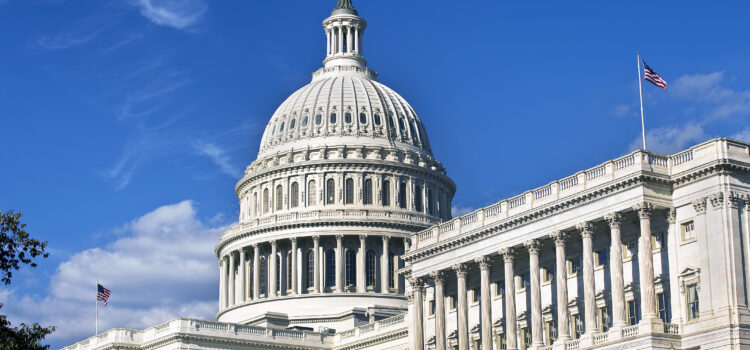
Trust is the glue that binds people, society, and community together. Trust is correlated with increased civic participation, decreased corruption, increased resilience to disasters, decreased economic inequality, and decreases in illegal activities.
After the capitol chaos last week, many citizens feel unrested. Pro-Trump supporters turned into rioters as they stormed the United States Capitol Building on Wednesday afternoon in Washington DC. They disrupted the formal certification of the Electoral College vote results that would certify the president-elect Joe Biden’s election victory of the 2020 Presidential Election.
Historically, during such difficult times, American citizens look to the President for guidance and reassurance. However, President Trump’s response left many uneasy and they felt it was not enough.
He appeared to be resonating with the protesters and never condemns their actions. This is unlike anything we have seen in American history, but this is not the type of reaction one would expect from the president given the current political climate and his past statements on protests regarding the BLM movement. It appeared highly contradictory.
On social media, many are raising concerns about “white privilege” and wondering if the action taken against the rioters would have been the same, had the protestors been primarily people of color.
Public outrage was imminent, and multiple media outlets criticized Trump’s words. Many are calling the President to refer to their actions for what they truly were, domestic terrorism. The President has since then been banned from multiple social media platforms, like Twitter and Facebook.
“After close review of recent Tweets from the @realDonaldTrump account and the context around them — specifically how they are being received and interpreted on and off Twitter — we have permanently suspended the account due to the risk of further incitement of violence,” said Twitter in a statement.
After a crisis, it takes time and work to restore public trust. Some say it’s the hardest part of crisis management because it is not automatic.
The FBI is now asking the public for help identifying Capitol rioters.
The future of the current lack of cohesion and trust within American politics is not bleak. According to the Pew Research Center, a 2019 report found, “Fully 84% believe the level of confidence Americans have in the federal government can be improved, and 86% think improvement is possible when it comes to the confidence Americans have in each other.”
The twists and turns of 2020, with the pandemic, the BLM movement, the presidential election, have made one thing is clear: the American people cannot turn blindly to the lack of unity. It would be cruel to ignore the discrepancies and obvious issues in politics and social behavior.
Americans acknowledge that their distrust of the federal government and each other is a problem that gets in the way of solving issues, therefore, this nation cannot simply “go back to normal.”
The outbreak of disruption and outright chaos is undoubtedly is going to lead to critical conversations that need to be had in this country. Furthermore, if solutions are to be long-term and strong, they will need to be grass-led and borne from community-centered projects that promote civic participation and generosity.
Trust is essential for healthy relationships, similarly, it is critical for social and political engagement. It is essential for our well-being and success as a country.
First and foremost, acknowledgment and accountability must be the primary concern. Many community members stated they weren’t surprised this happened but they were shocked at the extent. Clearly, expectations for our government, our laws, are not where they should be and need to be reexamined.
Despite Kern County being across the United States from the capitol, the terrible events that took place could be felt in every American home and concern is widespread.